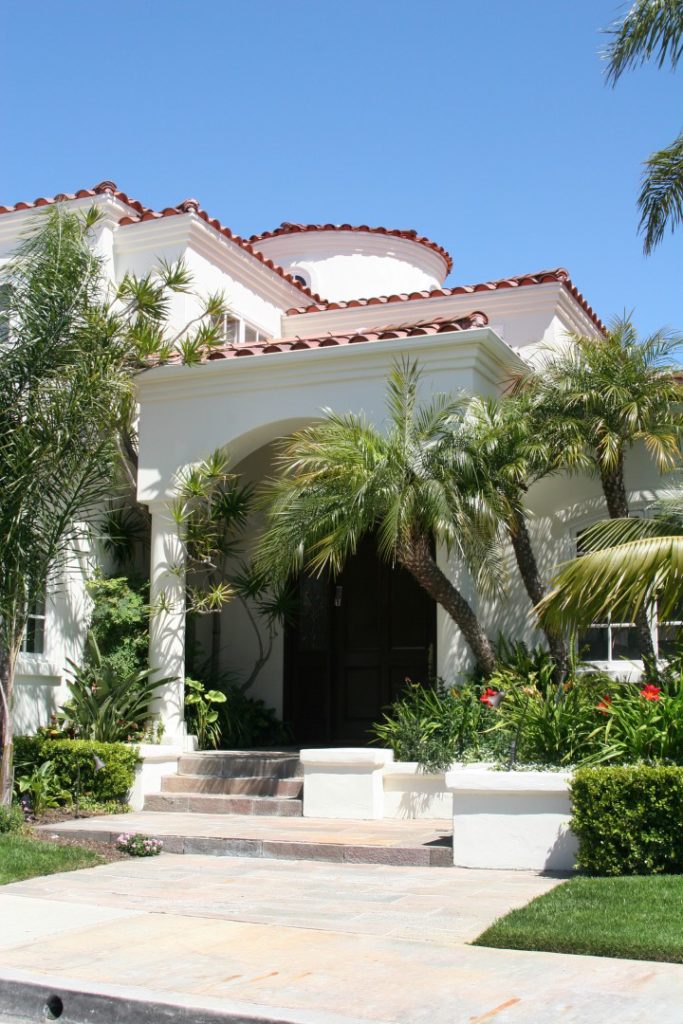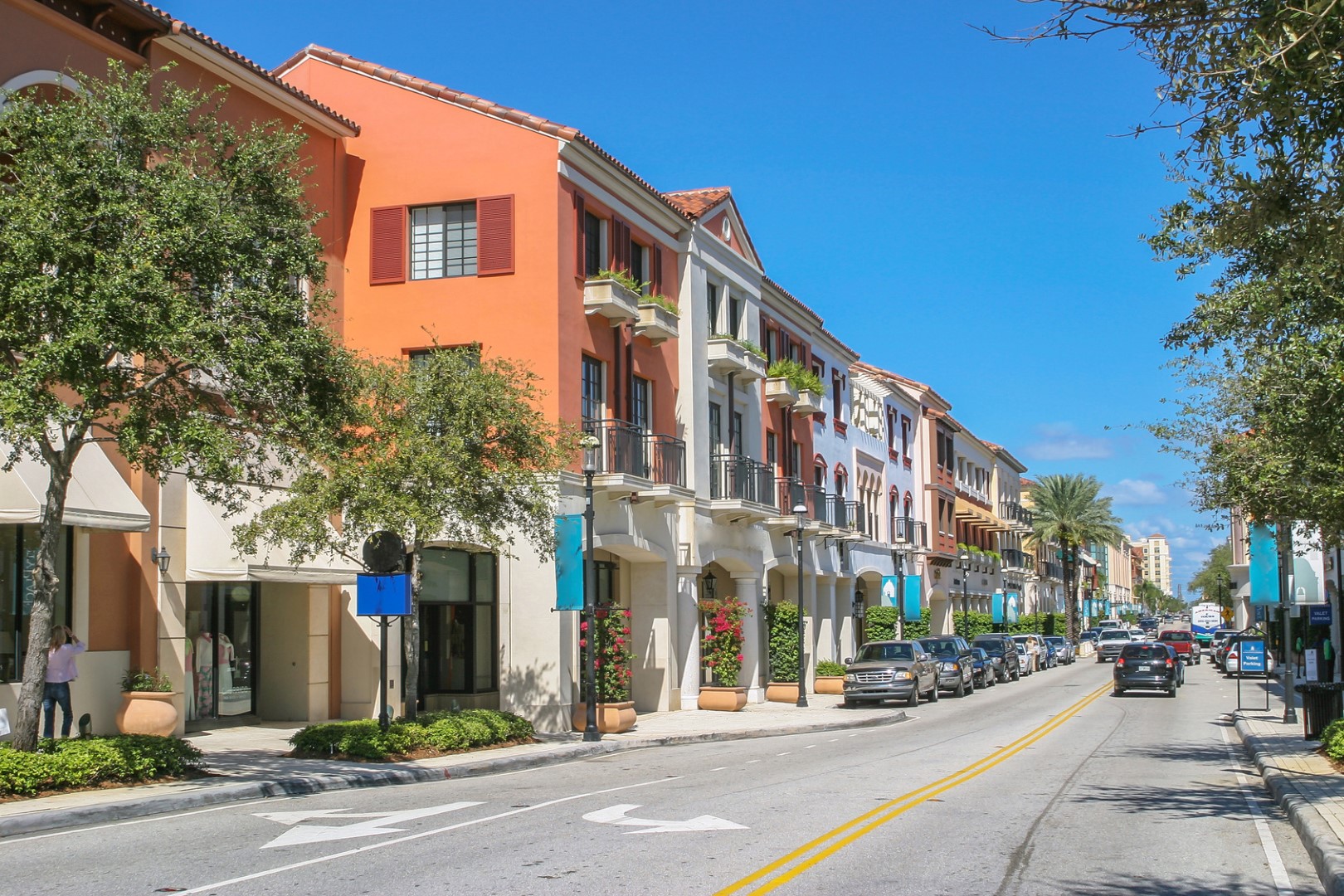Home ownership has become a peculiarly American dream; but some Americans also dream of retiring abroad, or owning a pied-a-terre in a foreign land. Whether the foreign property is mean to be a “whenever the mood strikes” getaway, a compound shared by extended family or a retirement destination will influence not only the property location, but also the type and price. Choices for a vacation home overseas include a condo that’s part of a rental pool, a city apartment, beachfront home, mountain chalet or historic farm, or modern new development. Sought-after locations are apt to have a wide range of available properties for sale.
Buying, however, is not always easy, and there are foreign laws and tax requirements to consider.

Considerations When Buying Foreign Property
If you fall in love with specific destination and are tempted to buy a place that will rekindle that “on vacation” vibe every time you visit, know that the reality of living somewhere on a full-time basis, even during a short-term stay, is entirely different from the vacation experience. Realities intrude: daily transportation, shopping, internet and entertainment, making friends, health care and medical treatment, utilities, and even communication needs, including mail, telephone and internet.
Most countries also have stringent residency requirements; you may be required to leave for a specific number of days or months each year, or there may be prohibitions about being gone too long. Check both American requirements and those of your “adopted” country. Rights as an “expat” may differ greatly from those as a tourist.
Before acting on that temptation to buy a vacation home abroad, talk with others who live abroad. Ask about their experiences, and get beyond the weather and the scenery!

Do Your Research on A Vacation Home Overseas
You will need to know about the following:
- Documentation, including Passports, Visas, Residency Requirements and Travel Permits;
- Real Cost of Living, whether you plan to be a full or part-time resident;
- Banking and Finances (Access to your Money and limitations on amounts you can bring to the country);
- Financing Options;
- Ownership Regulations and Tax Policies, both U.S. and Foreign;
- Business Investment (with plans to rent the property) or Strictly Personal Use;
- Property Maintenance and Upkeep, and Security Considerations;
- Selling Options;
- Furniture and Personal Belongings (Is there an import tax or duty levied on goods brought to the country?)

Making an Informed Decision
Construction quality, insurance, and building codes may not be as all-encompassing as they are in the United States, so this kind of purchase will need a bit more research than it would here. Renovation costs may be higher: Scheduling, ordering materials, building delays and red tape are common, even though labor costs may be reasonable.
While millions of Americans travel and work abroad, there are differences between traveling for pleasure and on business, and there are many different rules governing extended stays and property ownership. Living abroad can be a dream come true; so can owning a foreign home, but potential buyers should be aware of the pitfalls, as well as the financial and emotional realities of buying and selling.
Some Americans find that navigating the requirements is too involved; they opt to rent rather than buy. In some countries, time shares are popular options, although time of year restrictions and the inability to personalize a property are limiting factors. Restrictions about property ownership vary greatly, and security is always a concern. Vandalism and “squatters” are not uncommon in some countries. In other countries, owners may hold title to the improvements, but the land is granted on a long-term lease basis—perhaps 99 years. Owners should always check on inheritance regulations as well.
Regulations can vary even within a single country. Always check the rules in a particular jurisdiction.

More Considerations for Buying a Vacation Home Overseas
There can be other complications regarding part-time work, opening a bank account or arranging payment for services. Employing a housekeeper, gardener, cook, handyman or security personnel may put an owner in a different category.
Become well-informed well in advance. It’s the best way to approach a foreign property purchase. Assemble a team that includes real estate professionals (both at home and abroad), a tax consultant, a real estate attorney, an investment counselor, and perhaps a mortgage lender. Collect the information and always make a decision based on the best-available advice and up-to-date information.

For More:
- 5 Things to Consider Before Buying a Home Overseas, https://smartasset.com/retirement/5-things-to-consider-before-buying-a-home-overseas
- 6 Rules For Making a Property Purchase Overseas, https://money.usnews.com/money/blogs/on-retirement/articles/2016-04-26/6-rules-for-making-a-property-purchase-overseas
- On our site: How to Prepare for a Move Abroad



5 comments
Thank you Anthony and Nancy. This piece is very informative. Great work.
–MaryGo
This was a very timely article for us. Many thanks!
So glad you found value, in the article, Mary and Barb!
I like how you mentioned that one should take into account how much security and upkeep of a vacation home will cost them. One of my friend’s families actually has a vacation home in St. George, and I think it would be an amazing dream to have one as well. Thanks for all the tips on buying a vacation home.
So glad you liked our article, Taylor. Hope you can make that dream vacation home happen!